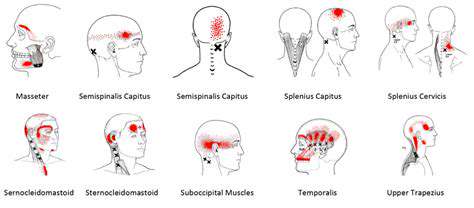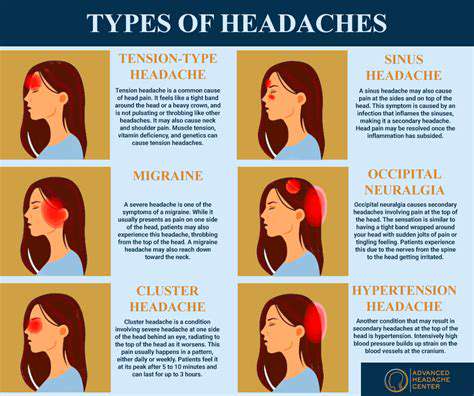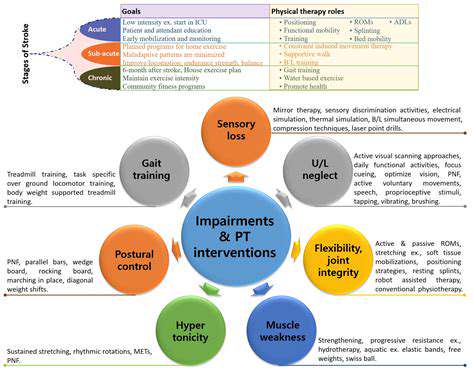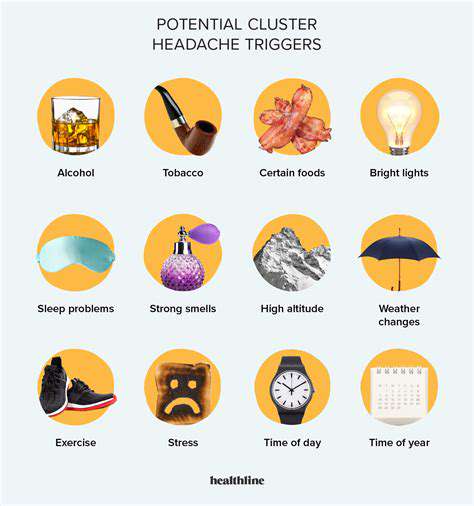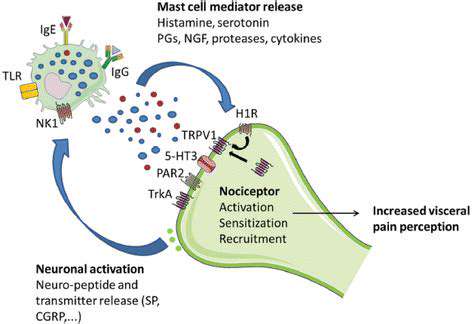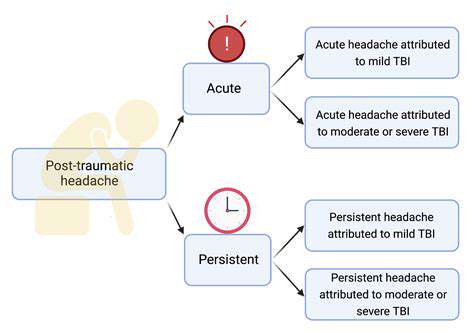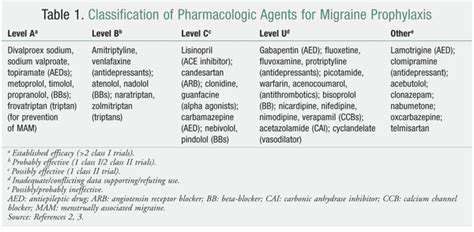MSG (Monosodium Glutamate) as a Potential Migraine Trigger

Mechanisms of Possible MSG-Induced Migraines
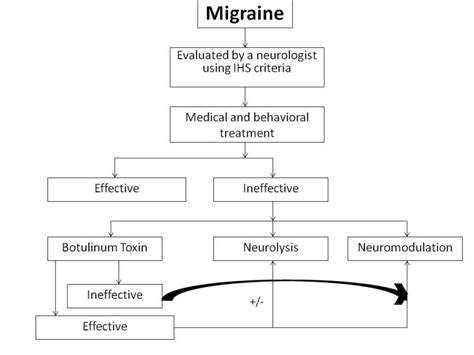
Potential Cellular Mechanisms
Monosodium glutamate (MSG), a widely used flavor enhancer in processed foods, has sparked debates regarding its safety profile. While regulatory agencies classify it as safe, anecdotal reports suggest some individuals experience adverse reactions. Researchers hypothesize that excessive stimulation of glutamate receptors could lead to neuronal excitotoxicity, a phenomenon where overactive signaling damages nerve cells. This process might explain symptoms like headaches and fatigue reported by sensitive individuals. However, the scientific community continues to investigate the precise relationship between MSG consumption and these neurological effects.
Beyond receptor overstimulation, scientists are examining MSG's potential to disrupt intracellular communication networks. Preliminary evidence suggests MSG might interfere with secondary messenger systems, potentially creating a domino effect of cellular dysfunction. These disturbances could theoretically manifest as various physical symptoms, though current understanding remains incomplete. The complexity of cellular signaling pathways requires more extensive research to establish definitive connections.
Gastrointestinal Effects
Emerging research explores MSG's potential impact on digestive health, particularly its interaction with gut microbiota. The intestinal microbiome, comprising trillions of microorganisms, plays vital roles in nutrient metabolism and immune regulation. Some scientists speculate that dietary MSG might alter microbial populations, potentially affecting gut-brain axis communication. This area remains particularly challenging to study due to individual variations in gut flora composition.
Investigators are particularly interested in MSG's potential to stimulate inflammatory responses in digestive tissues. Chronic low-grade inflammation in the gastrointestinal tract has been linked to various health issues, making this a critical area for further study. Current evidence remains inconclusive, highlighting the need for well-designed clinical trials to assess MSG's inflammatory potential in human subjects.
Neurological Implications
The scientific community continues to debate MSG's potential neurological effects. Animal studies have demonstrated that high doses can affect blood-brain barrier permeability, though these findings may not directly translate to typical human consumption patterns. Some researchers propose that MSG might influence neurotransmitter balance, particularly in individuals with pre-existing neurological conditions. However, human studies have produced mixed results, with many showing no significant effects at normal dietary levels.
Special attention has been given to vulnerable populations, including children and individuals with neurological disorders. While some observational studies suggest possible associations between MSG intake and symptom exacerbation, these findings require confirmation through controlled experiments. The lack of consistent biomarkers for MSG sensitivity complicates research efforts, necessitating more sophisticated study designs in future investigations.
Research and Evidence on MSG as a Migraine Trigger
Early Research and Anecdotal Evidence
Initial investigations into MSG-migraine connections relied heavily on self-reported cases, with many subjects describing similar symptom patterns after consuming MSG-rich foods. These observations, while intriguing, lacked scientific rigor due to uncontrolled variables and potential placebo effects. The medical community recognized the need for more systematic approaches to validate these anecdotal claims.
The Role of Sensory Sensitivity
Current theories explore how MSG might interact with sensory processing systems in migraine-prone individuals. The structural similarity between MSG and endogenous glutamate suggests possible cross-reactivity in sensitive individuals. Some researchers propose that MSG might lower activation thresholds in pain pathways, particularly in the trigeminal vascular system implicated in migraine pathophysiology. These hypotheses require validation through neuroimaging and electrophysiological studies.
Limitations of Existing Studies
Critical analysis reveals significant methodological weaknesses in MSG-migraine research. Many studies failed to account for dietary confounding factors or used inconsistent MSG dosing protocols. The subjective nature of migraine reporting and variable diagnostic criteria further complicate data interpretation. These limitations underscore the importance of developing standardized research protocols for future investigations.
The Importance of Controlled Trials
Properly designed double-blind, placebo-controlled studies represent the gold standard for establishing causal relationships. Such trials must incorporate rigorous monitoring of both MSG exposure and migraine characteristics while minimizing participant and researcher bias. Recent efforts have focused on developing more objective measures of migraine activity to complement subjective reporting.
Consideration of Other Factors
Migraine pathophysiology involves complex interactions between genetic predisposition and environmental triggers. Researchers must account for numerous variables including hormonal fluctuations, sleep patterns, and stress levels when studying MSG's potential role. Advanced statistical modeling techniques may help isolate MSG's specific contribution from other influencing factors.
The Need for Further Investigation
The current body of evidence remains insufficient to draw definitive conclusions about MSG's migraine-triggering potential. Future research should prioritize large-scale epidemiological studies combined with mechanistic laboratory investigations. Longitudinal designs tracking migraine sufferers' responses to controlled MSG challenges could provide particularly valuable insights.
Potential Mechanisms and Future Directions
Emerging technologies offer new avenues for investigation, including genetic profiling of MSG-sensitive individuals and advanced neuroimaging techniques. Researchers are particularly interested in exploring potential interactions between MSG metabolism and migraine-related genetic polymorphisms. Additionally, studies examining MSG's effects on cortical spreading depression - the electrical phenomenon associated with migraine aura - could yield important mechanistic insights.

